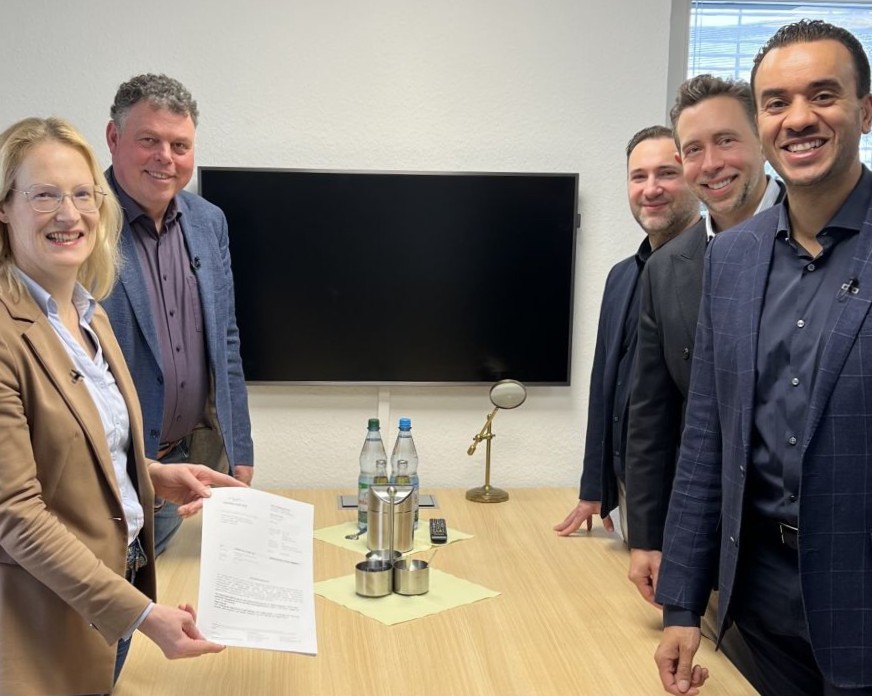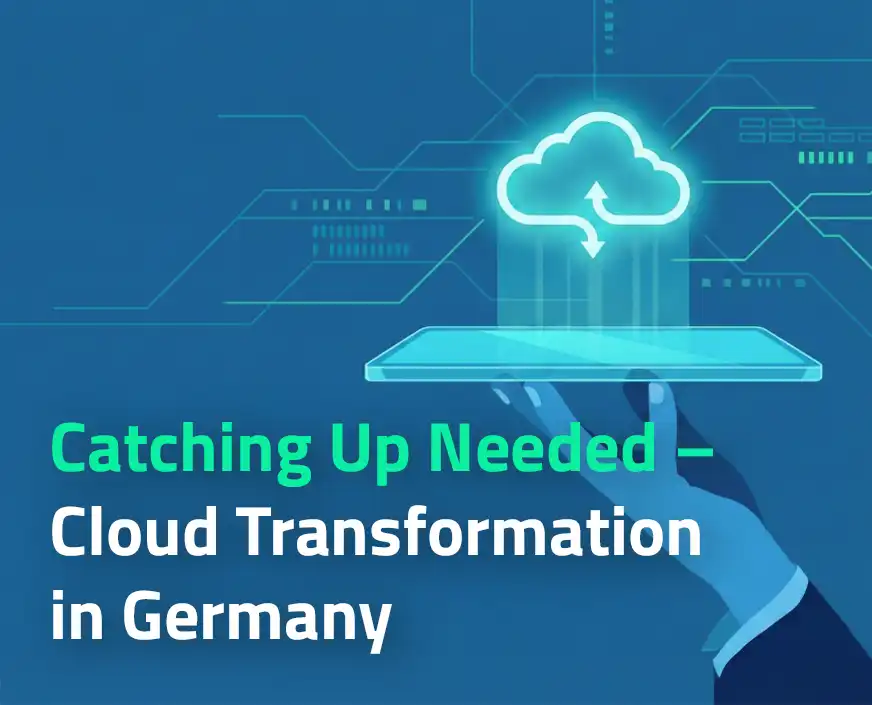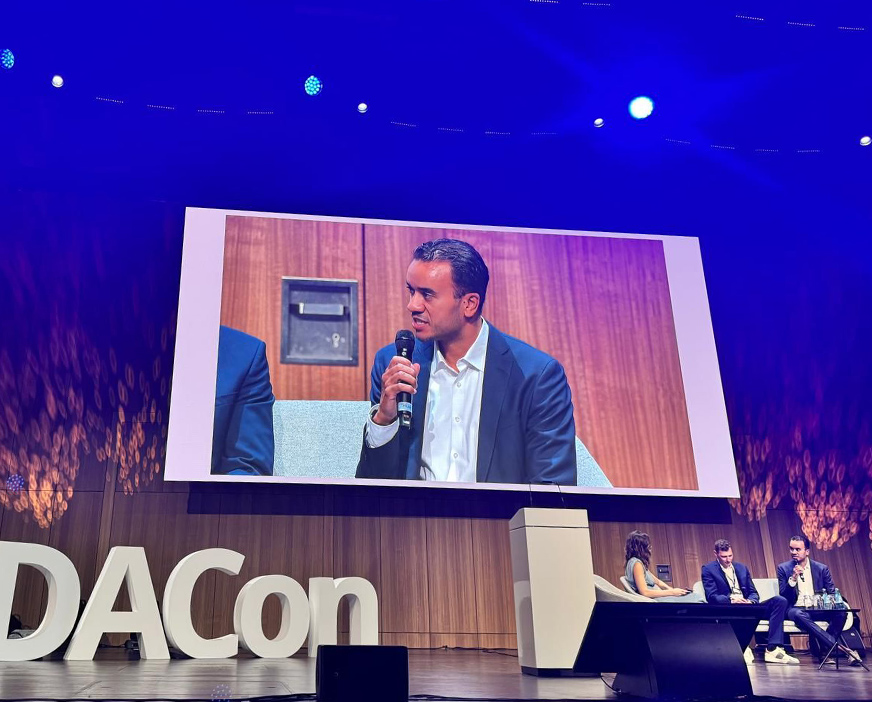How Data Centers Drive the Smart City Forward
While it may still sound futuristic, the smart city is becoming more present every day. The more innovative cities become, the more important the exchange of data between people, devices, and local systems proves to be. And as information needs to be processed and stored, the demand for data center capacity, which should ideally be available locally, is also growing.
For this reason, data centers are considered a kind of new infrastructure that belongs to modern cities. However, they are not exactly making headlines due to their positive energy balance. And for urban planning reasons, there is often resistance to further expansion, which is necessary for the success of smart cities. “Therefore, it is important to make data centers more sustainable and to better integrate them into the cityscape overall”, says Jerome Evans, founder and managing director of firstcolo GmbH.
Efficient Savings
The industry is already aware of this issue and has committed to operating climate-neutrally from 2030 with the Climate Neutral Data Centre Pact (CNDCP). “Achieving this goal requires different methods that cover various scenarios and consider the entire lifecycle of a data center. It is important to note that a large amount of a data center’s emissions is attributable to its construction”, explains Evans.
A significant part of the construction work relies on the use of energy-dense concrete and steel. At the same time, modernizing critical infrastructures can lead to more efficient use of the existing power supply. This can be used for higher density and growing IT loads, for example, by replacing UPS systems, using energy-efficient servers and storage systems, or adapting cooling technology.
“In this way, modernizing existing facilities can achieve significant one-time and long-term emission savings. The same applies when existing buildings are converted into data centers”, Evans explains. “This is also necessary, among other things, to achieve the energy efficiency targets from the Renewable Energy Act with specific thresholds regarding the PUE of a data center.”
Big Data Feeds the Smart City
Data centers therefore play a crucial role in the development of smart cities. They serve as core infrastructure and collect data from various sources, process it, and enable its analysis. This provides insights that can improve the efficiency and functionality of the city.
“By processing large amounts of information in real-time, data centers contribute to optimizing road traffic and reducing energy consumption”, says the expert. One of the most important functions of data centers in the smart city is to process Big Data. They collect information from a variety of sensors and devices, such as traffic cameras, weather stations, and smart meters that exist in the city. By analyzing this data, patterns can be identified that indicate where improvements can be made.
“For example, data centers enable the monitoring of traffic flows and the creation of traffic volume forecasts to avoid congestion or optimize public transport routes”, Evans knows.
Green IT as a Key Word
By providing real-time data on energy generation and usage, modern data centers contribute significantly to energy efficiency. “By analyzing this data, cities can reduce energy waste and optimize consumption, for example by using intelligent lighting systems or controlling the energy needs of buildings”, says Evans.
Green IT therefore plays a crucial role for smart cities. However, traditional data centers consume a lot of energy and have a significant ecological footprint. Sustainable variants therefore rely on energy-efficient technologies and renewable energy sources to minimize energy consumption and reduce CO₂ emissions. For example, they use cooling techniques that require less energy or generate their own electricity from solar energy or wind power.
“In Germany, there are already several smart city projects focusing on sustainability. A new development area in Frankfurt, for example, uses waste heat from data centers to heat apartments. This form of heat recycling will gain significant importance in the future”, the expert concludes.







